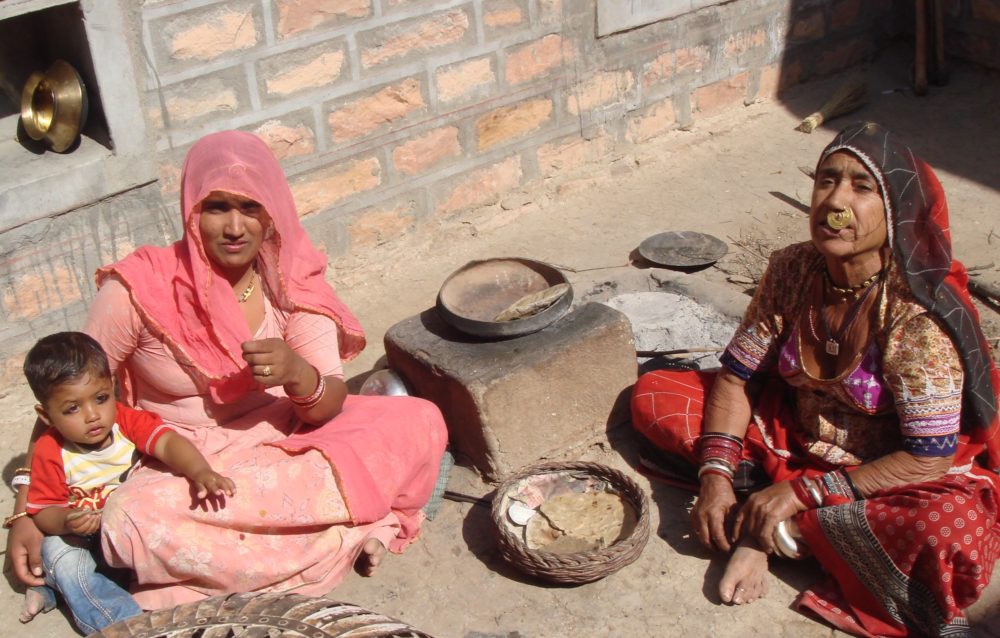By Neena Bhandari
Sydney, 18.11.2020 (SciDev.Net): Access to health care is a challenge for the most marginalised communities within Asian countries, but over the past decade there has been a growing commitment to identify and address health inequalities to make progress towards universal health coverage, a seminar heard.
A satellite session (8—12 November) of the Sixth Global Symposium on Health Systems Research, organised by Health Systems Global (HSG), focused on creative ways people working in health policy and research across Asia are increasing health equity, including for ethnic minorities and non-citizens.
Evidence suggests that certain socially disadvantaged groups tend to use health services less, although these groups may need health services more. This is partly because disadvantaged groups typically face multiple barriers, such as financial, geographical and cultural, in accessing services, according to Health at a Glance: Asia/Pacific 2018.
Continue Reading on SciDev.Net
© Copyright Neena Bhandari. All rights reserved. Republication, copying or using information from neenabhandari.com content is expressly prohibited without the permission of the writer and the media outlet syndicating or publishing the article.


